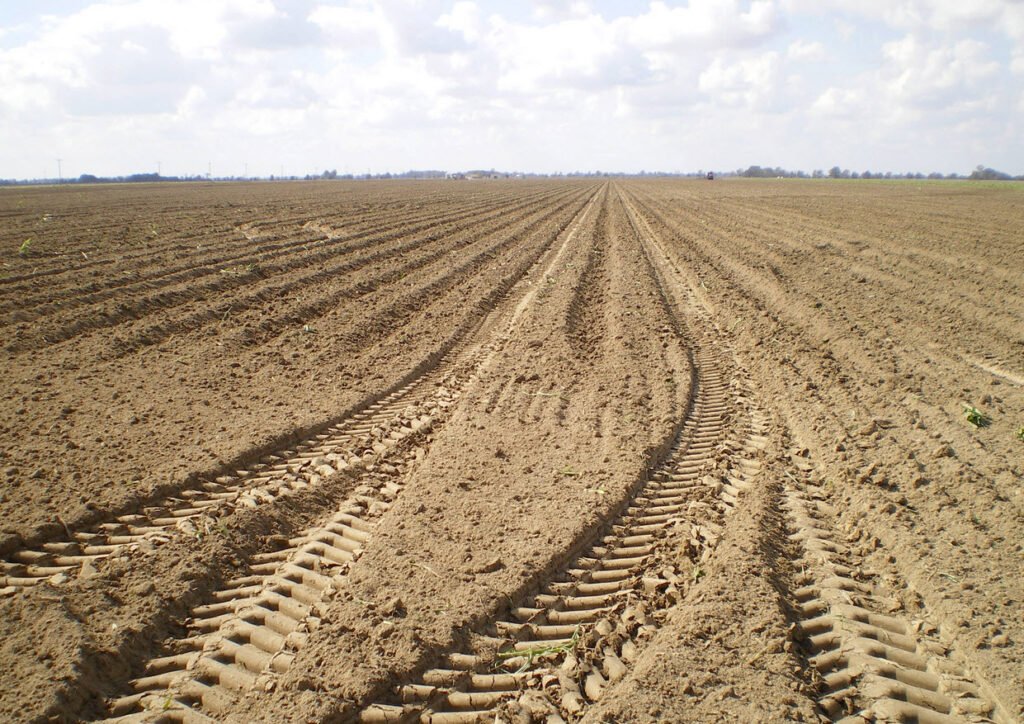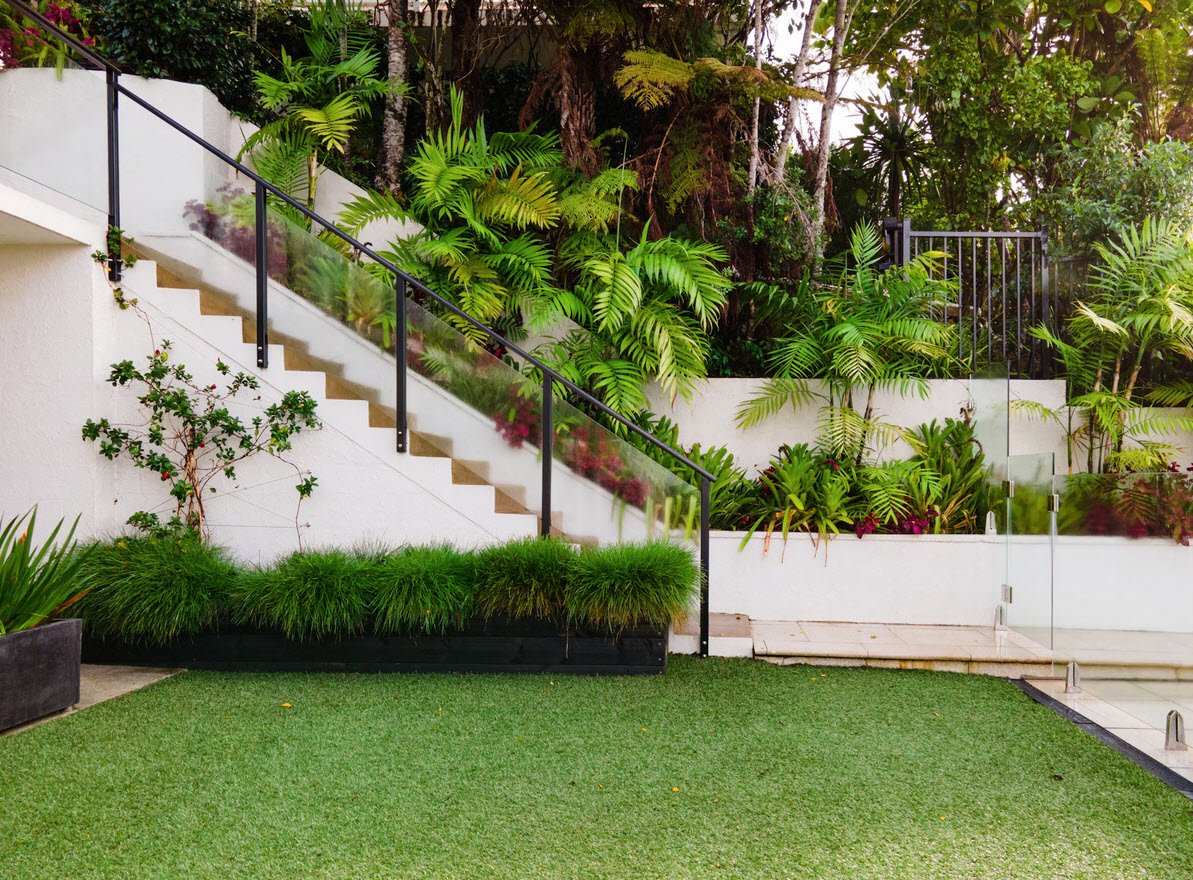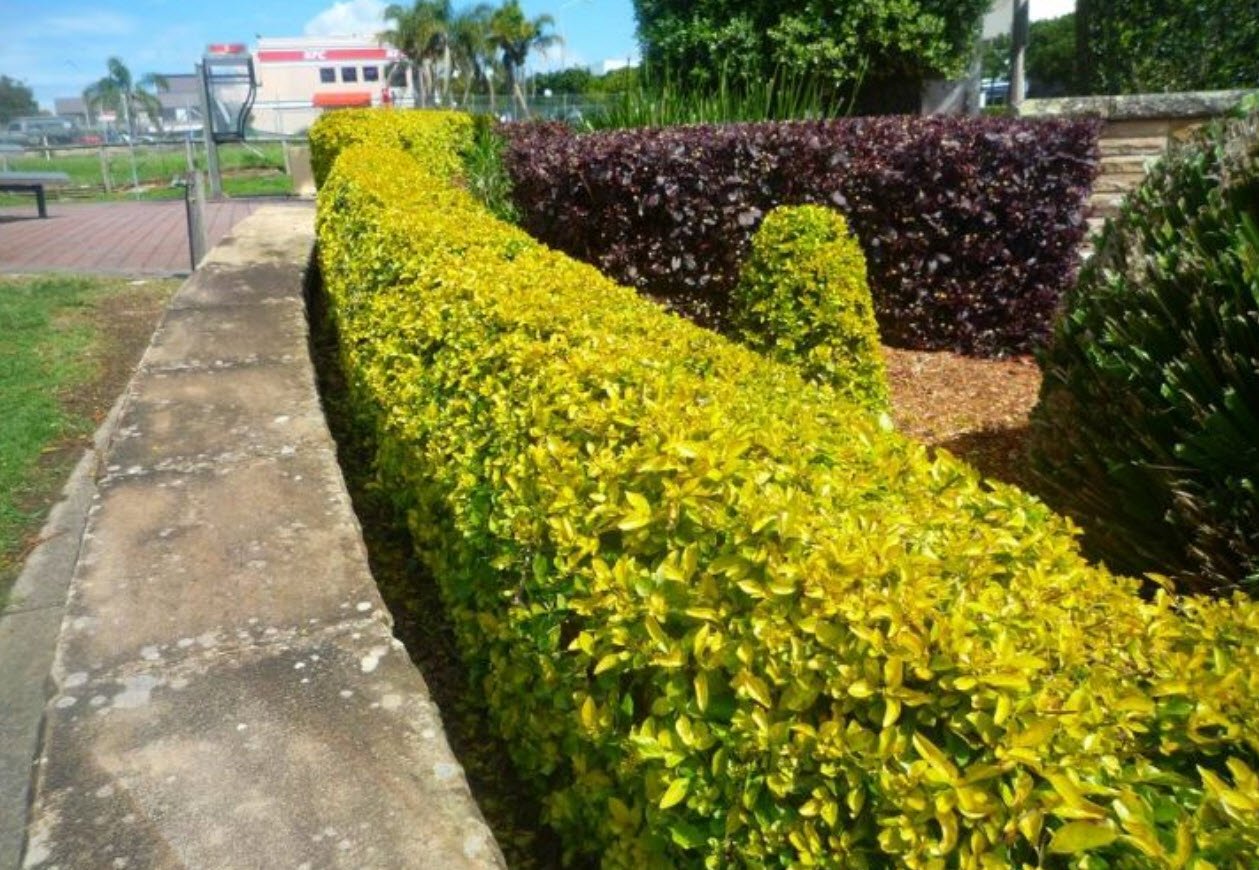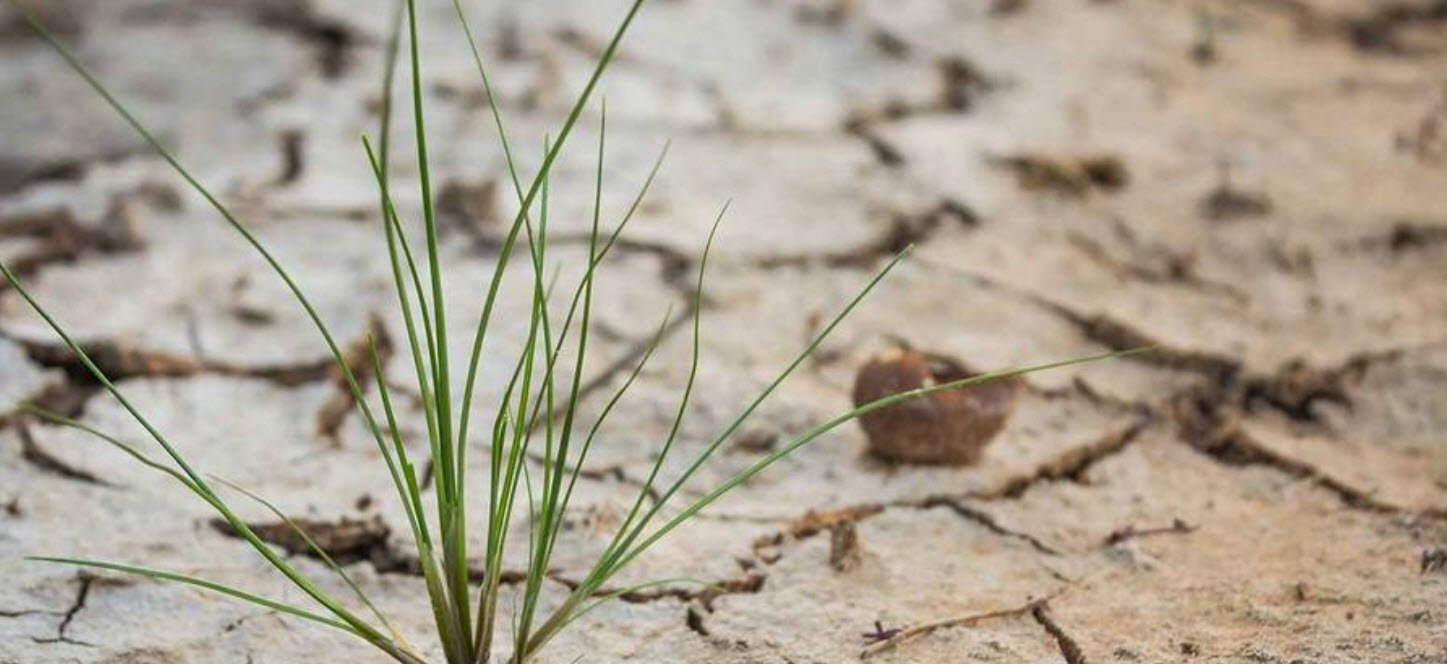
In the intricate dance of life that takes place beneath our feet, healthy soil plays a vital role. A thriving soil ecosystem has ample pore space, allowing air and water to penetrate, promoting good drainage, and supporting the growth of plant roots and soil organisms.
However, the unfortunate reality is that many gardens suffer from soil compaction, which disrupts this delicate balance and hinders the sustenance of life in the soil. Compaction, caused by machinery, foot traffic, and pounding rain, can lead to numerous challenges, including flooding and poor water infiltration during droughts.
In this article, we explore effective strategies for working with overly compacted soils and protecting garden soils from further compaction.
Strategies for Working with Overly Compacted Soils:
1. Top-Dress with Compost and Mulch:
For lightly compacted soils, top-dressing with several inches of compost can work wonders. Earthworms and other soil fauna will gradually incorporate the compost into the soil, loosening it and enhancing its water-holding capacity. Similarly, a 2- or 3-inch layer of shredded leaf mulch or wood chips can provide similar benefits, serving as a protective barrier while gradually improving soil structure.
2. Light Cultivation and Compost Incorporation:
Cultivate the soil lightly, being careful to avoid damaging large plant roots. Incorporating compost into the soil during cultivation will expedite the healing process and enhance soil fertility.
3. Employ Extreme Physical Aeration Techniques:
Highly compacted soils may require more extreme measures for repair. Seeking professional guidance from tree experts or experienced gardeners is crucial to avoid unintended damage. Techniques such as air-excavating tools, vertical mulching, or radial trenching can help alleviate compaction while preserving the integrity of existing vegetation.
4. Prevent Re-Compaction:
Preventing future compaction is essential to maintaining healthy soil. Designate pathways and create designated areas for walking and driving, using garden walls, fences, or mulches to keep foot and vehicular traffic off the soil.
Strategies for Protecting Garden Soils from Compaction:
1. Avoid Working Wet Soils:
Working garden soils when they are wet exacerbates compaction. Avoid cultivating or walking on wet soil to preserve its structure and prevent damage.
2. Keep Soils Covered:
Cover bare soils with vegetation or mulch to protect them from erosive forces and physical disturbances. Mulch acts as a protective blanket, conserving soil moisture and preventing compaction caused by rainfall impact.
3. Designate Pathways and Areas:
Create clear pathways and designated areas for walking and driving to direct traffic away from garden beds and vulnerable areas. This simple step can significantly reduce soil compaction and protect the delicate soil ecosystem.
4. Use Barriers to Prevent Traffic:
Employ garden walls, fences, or mulches to create physical barriers between foot traffic and sensitive garden areas. These barriers discourage accidental trampling and help maintain the integrity of the soil structure.
By embracing these strategies and adopting a mindful approach to garden management, we can revive and preserve the heart of our gardens – the soil. Healthy soil lays the foundation for thriving plant life, vibrant ecosystems, and sustainable gardening practices. With care, patience, and dedication, we can create beautiful, resilient gardens where life beneath the surface flourishes and harmonizes with the beauty above ground.
You may also like:- From Seed to Soil – How to Kickstart Your Garden
- Top 10 Plants You Can Grow Instead of a Fence
- Winter Sowing – Growing Resilient Plants From Seed in the Cold
- 12 Medicinal Plants You Can Grow At Home
- Effective Gardening Tips for Saline Soils
- Effective Strategies For Working With Shallow Soils
- Effective Strategies For Working With Acid Soils
- Perennial Plants: The Garden’s Timeless Beauties
- Understanding the World of Horticulture: Varieties, Propagation, and More
- Top 6 Effective Strategies For Working With Wet Soils








